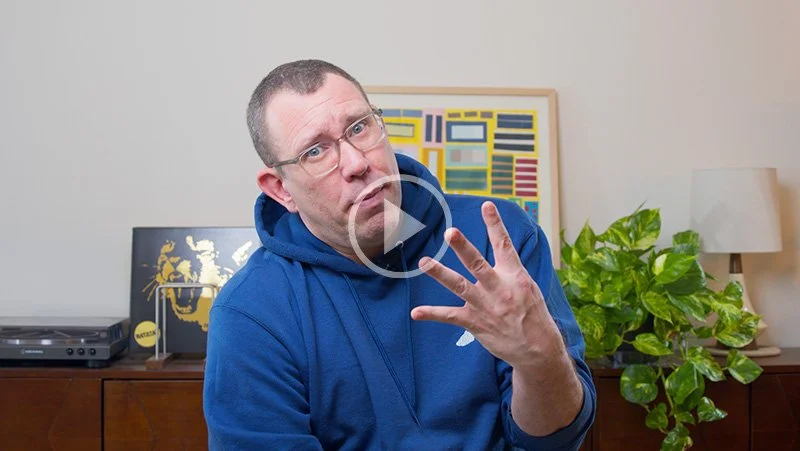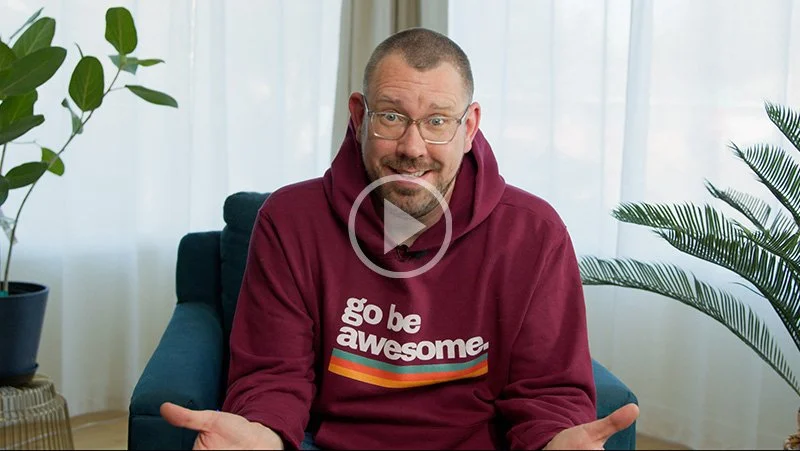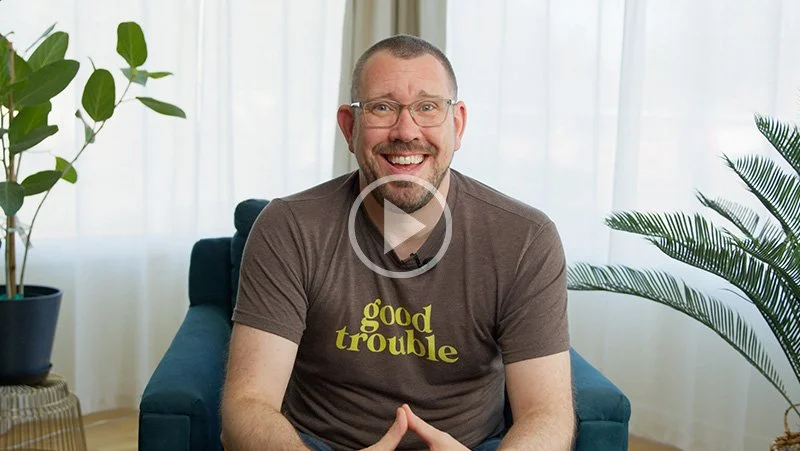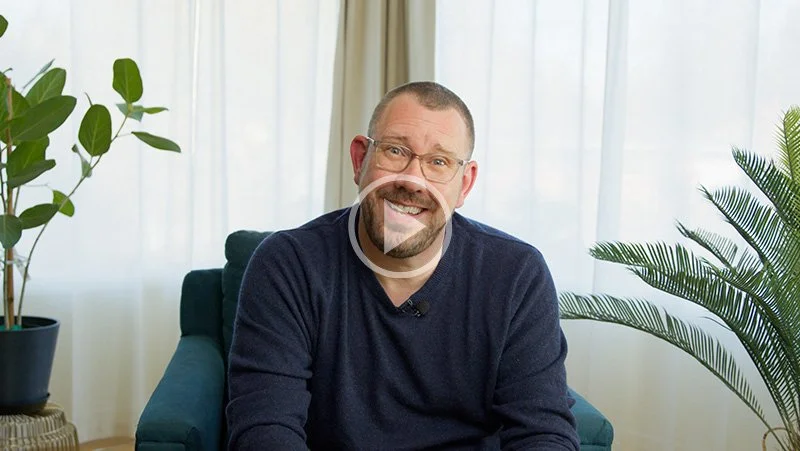Better Relationships: Responding Well to Mistakes
Welcome to the #culturedrop. Every Tuesday, Galen Emanuele emails tools to advance leadership skills, team culture, and personal growth. No spam, just great content. Sign up now to get it in your inbox.
The way you respond when people prove to be imperfect is vital to your relationships.
We’re talking about the best kind of awareness — self awareness.
How you respond to other people’s mistakes has a huge impact on your relationship with that person. Being aware of the impact of your response is an important trait for leaders and people who want healthier, more trusting relationships.
The truth about mistakes:
People don’t “learn their lesson” by being shamed into feeling stupid for making a mistake. Coming down hard on someone for messing up won’t prevent them from ever making a mistake again — but it can damage your relationship by motivating them to hide imperfection from you (which will cause more mistakes in the long run).
“Scolding someone over a mistake has no impact on if they will ever make a mistake again in the future.”
The less comfortable someone feels being honest about a mistake, the more likely you are to be lied to.
For the most part, people usually already feel bad when they mess up, so there’s rarely a need to pile on more shame. Scolding someone over a mistake has no impact on if they will ever make a mistake again in the future.
All shame will do is make someone either:
Perform worse out of fear of doing anything wrong.
Be more likely to be dishonest with you when they inevitably make a mistake again.
Some parting thoughts:
Of course, mistakes have different levels of severity and consequence, and this topic requires discretion. If someone makes a mistake, or the same mistake again and again, there can be a great opportunity for a conversation or feedback, or some coaching. And the goal of that conversation should be learning, preventing mistakes in the future, or a chance to reflect and do better — not to make someone feel like crap.
When someone makes a simple mistake, or a big one, your relationship will benefit from you responding well and extending the other person some grace.
This applies to every single person whether you’re a leader, teacher, coworker, manager, parent, etc. How you respond to mistakes directly impacts your relationship with the other person.
“Mistakes are inevitable, responding well is a choice.”
This is an important part of EQ. We’re all human beings— make sure you respond to other’s mistakes with the same grace you’ll want to be given when you’re the one who messes up. Mistakes are inevitable, responding well is a choice.
Related Blogs:
Want more?
This article was created by Galen Emanuele for the #culturedrop. Free leadership and team culture content in less than 5 minutes a week. Check out the rest of this month's content and subscribe to the Culture Drop at https://bit.ly/culturedrop








